Criminal Litigation Check
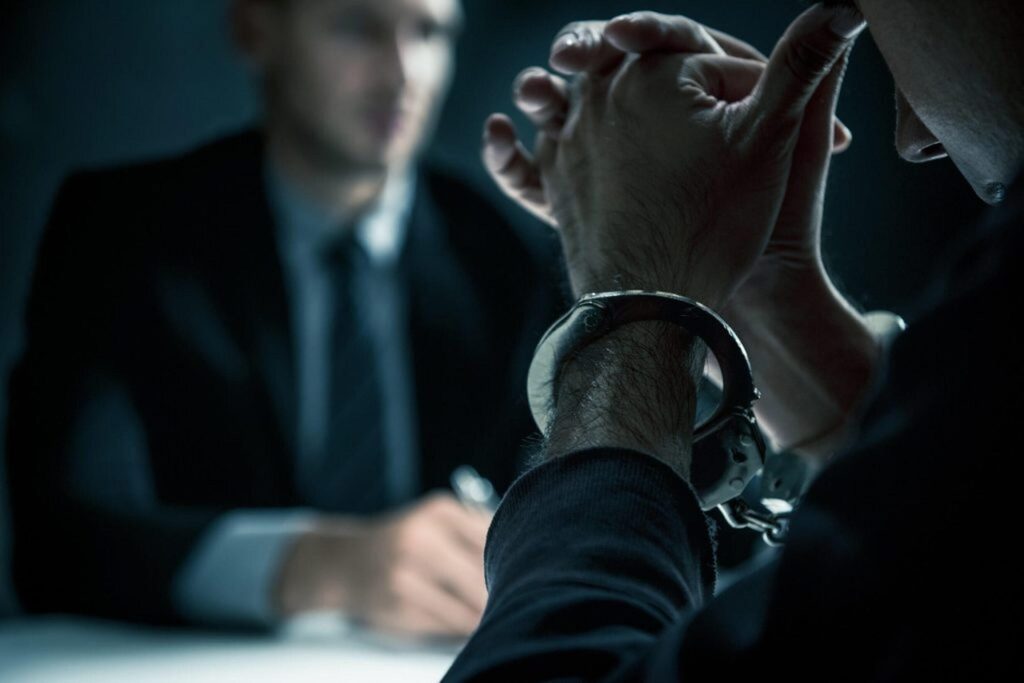
Ensure Trust, Safety, and Compliance in Every Hire
In this fast-paced world of business, ensuring that your employees have integirty and business ethics is critical. Having a criminal litigation check on records may surely minimize risks pertaining to associating with people who might carry criminal history . This enables the business to protect its image, ensure safety of the employees, and remain compliant with existing policies and laws.
What is Criminal Litigation?
Criminal litigation involves a legal action where state takes up a case against individuals or companies for alleged violation of legal boundaries. The proceedings include a range of cases from petty crimes and misdemeanors to serious felonies such as theft, assault, fraud, and even white-collar crimes. For businesses, an employee’s criminal litigation history might reveal behavioral inconsistencies which could undermine organizational safety. Analyzing a candidate’s legal struggles as a defendant or convict reveals essential information regarding their employment prospects.
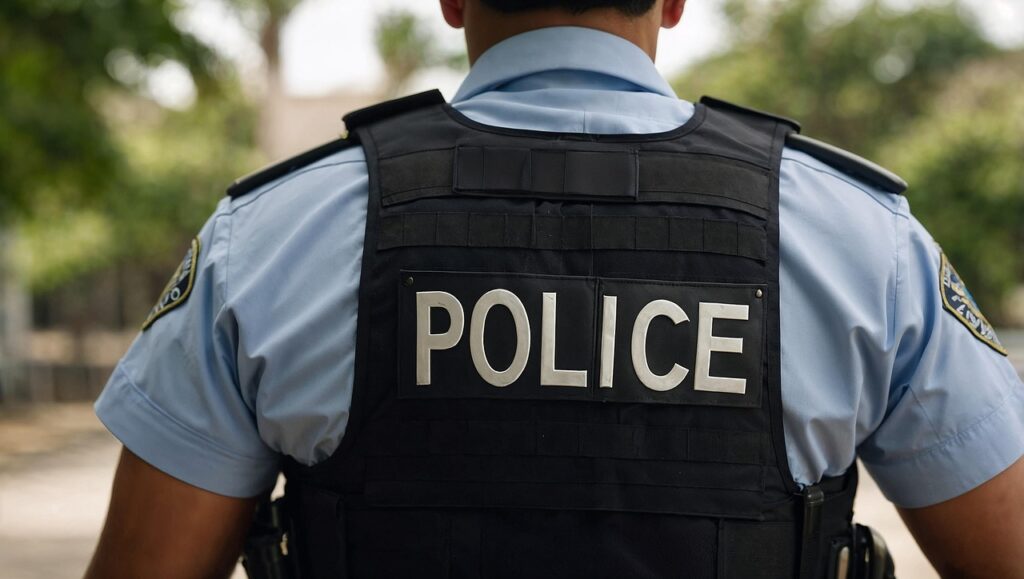
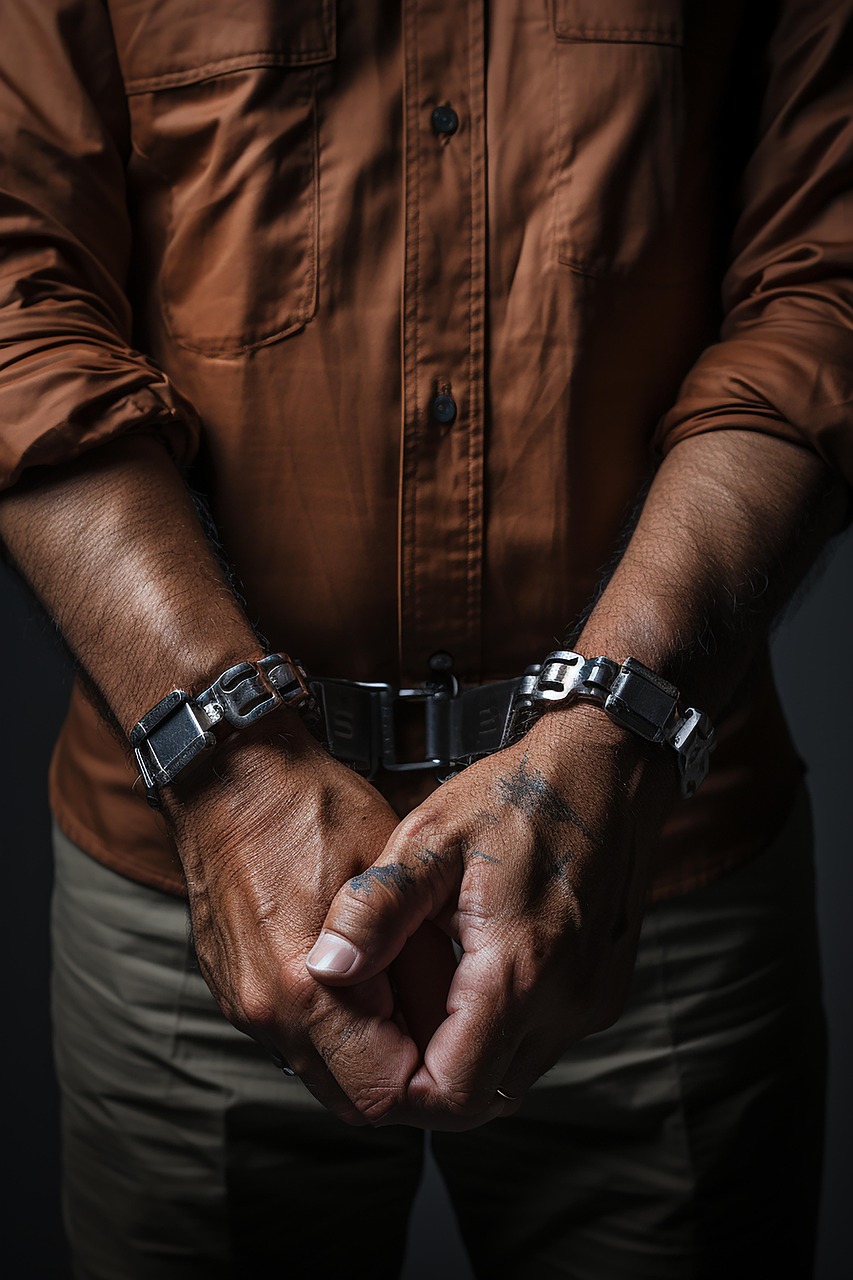
What Does a Criminal Litigation Check Cover?
A comprehensive criminal litigation check examines multiple aspects of a candidate’s legal history to give employers a full understanding of any legal risks. It includes:
- Criminal Conviction Records: This includes any past convictions from all the tiers of Indian judiciary i.e. district court, high court and supreme court. This enables employers to evaluate the gravity, repetition, and relevance of crimes to the employment position offered.
- Pending Criminal Cases: This is aimed at detecting any active criminal case, which the applicant may be a party to. Such cases might affect the candidate’s dependability, trustworthiness, or ability in professional setting.
- District, High, and Supreme Court Records: Each level of jurisdictional court is considered to ensure that there is no gap in coverage. This allows for the obtaining of complete litigation history for individuals, including those who have changed regions of residence or employment.
- Employee Criminal Background Screening: This step aggregates all collected data into a verified background report. It uses information from legal databases, regulatory agencies, and official court portals to create a comprehensive risk profile of the candidate.
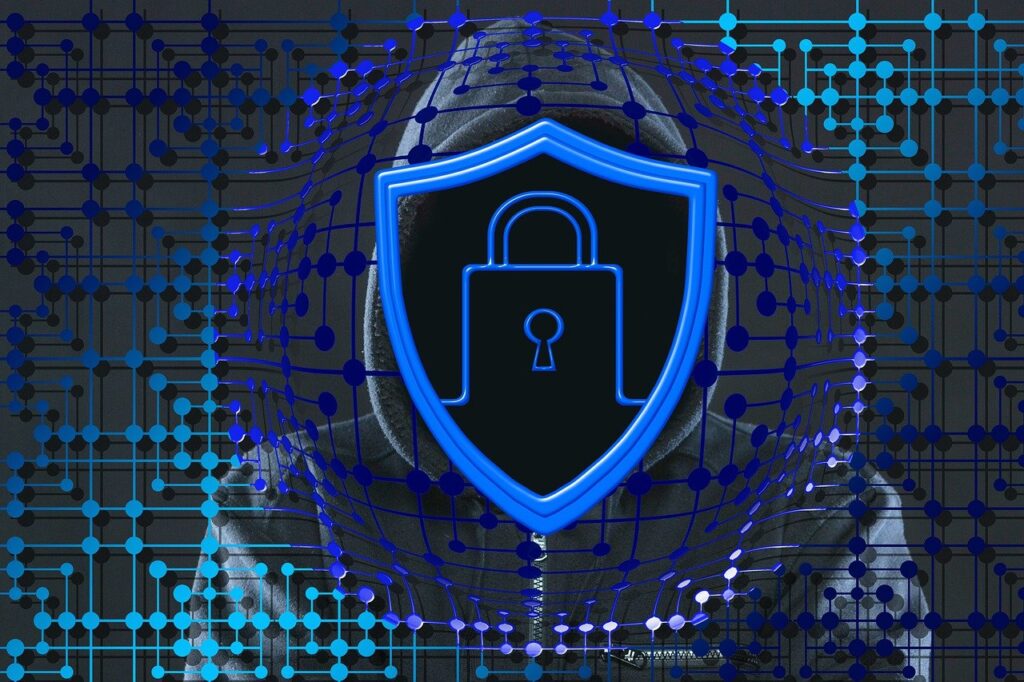
Why Criminal Litigation Checks Matter
A criminal litigation check serves as more than just legal due diligence; it arms your organization with thoughtful foresight. Here’s why it is important:
How the Criminal Litigation Check Process Works
To ensure credibility, the check is conducted through a structured and compliant workflow:
Consent Collection
Employers must obtain the candidate's formal, written permission before proceeding.
Data Gathering
Personal details such as full name, date of birth, and address are collected.
Database Search
A detailed scan of national, state, and district-level legal databases is performed.
Verification & Analysis
Results are validated and analyzed based on severity, context, and relevance to the job.
Report Generation
A detailed report is delivered, clearly marking any risks or legal red flags.
Key Benefits of Criminal Litigation Screening
Smarter Hiring Decisions
With a clear legal history report in hand, HR teams can make better, evidence-based hiring decisions. This ensures that new employees align with the company’s standards for integrity and conduct.
Lower Attrition Rates
Employees with clean records tend to be more stable, trustworthy, and committed to the organization. This reduces turnover and contributes to a more cohesive and reliable workforce.
Financial Protection
Hiring individuals with undisclosed criminal histories can lead to legal costs, penalties, and financial damages. Litigation checks serve as a protective measure to minimize these liabilities.
Legal Readiness
Having a structured verification process in place showcases your organization’s commitment to lawful hiring practices. It can be vital during audits, internal policy reviews, or external regulatory investigations.
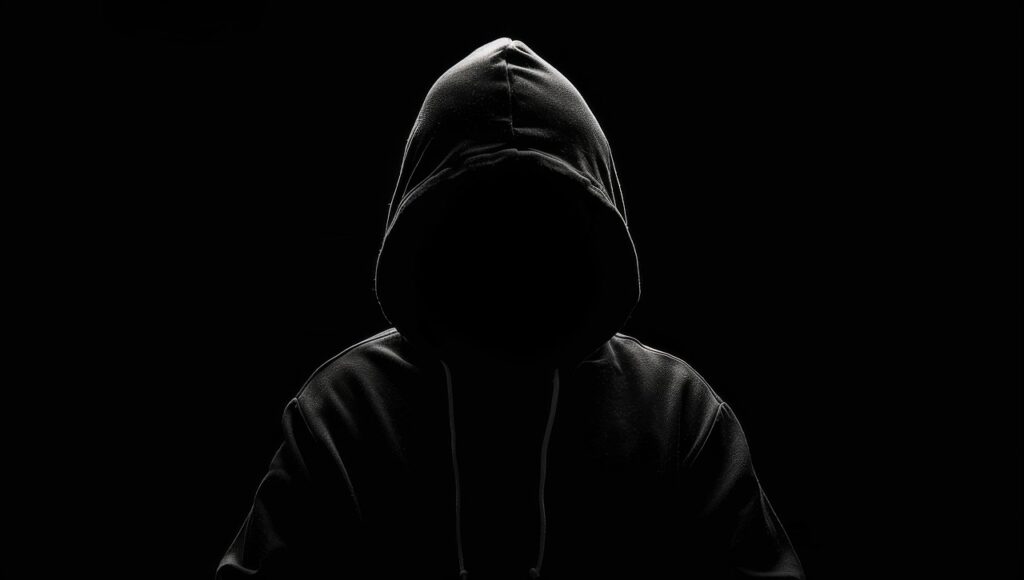

Who Should Use Criminal Litigation Checks?
Criminal litigation checks are one of the basic requirements for a broad array of sectors where employees’ honesty, legal compliance, and workforce performance, as well as exposure to the organization’s risks, are pivotal:
Frequently asked questions
Get Started Today
A criminal litigation check is more than a background step—it’s a strategic safeguard. Whether you’re hiring at scale or for sensitive roles, our team is here to guide you every step of the way.
GET A QUOTE
